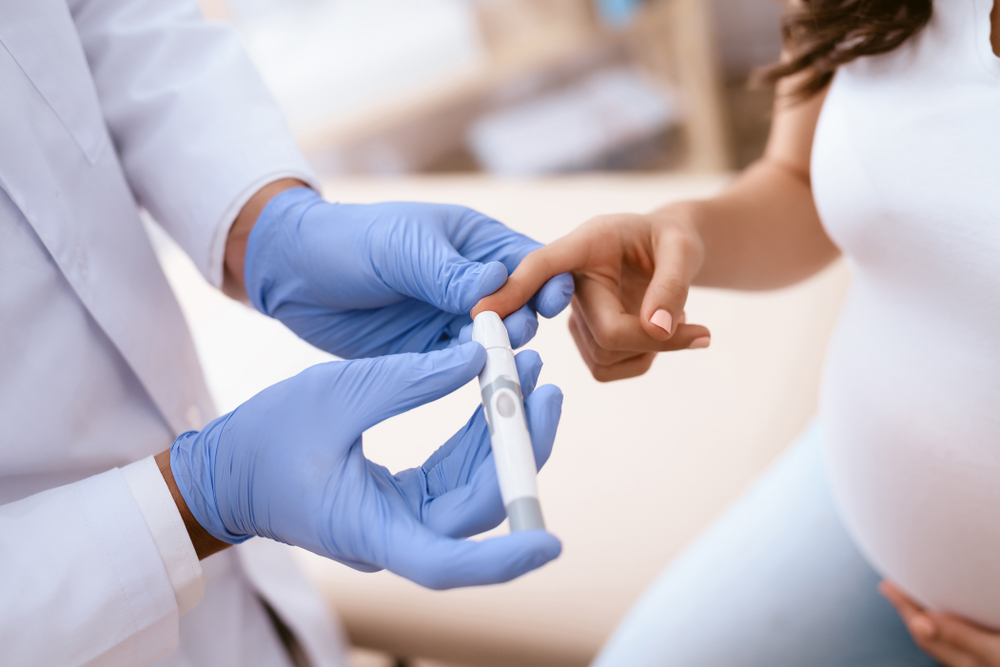Gestational diabetes develops during pregnancy. Like different types of diabetes, gestational diabetes affects how your cells use sugar. It causes high glucose levels that can affect your pregnancy and your child’s health.
Any pregnancy concern is unsettling, however, there’s good news. Hopeful women can help control gestational diabetes by eating healthy foods, having proper exercise and, taking insulin. Controlling glucose can be a complicated act yet it can keep you and your baby safe.
In gestational diabetes, glucose generally comes back to normal not long after giving birth. But if you have gestational diabetes, you’re in danger for type 2 diabetes. You’ll keep working with your doctor to manage and deal with your glucose levels.


